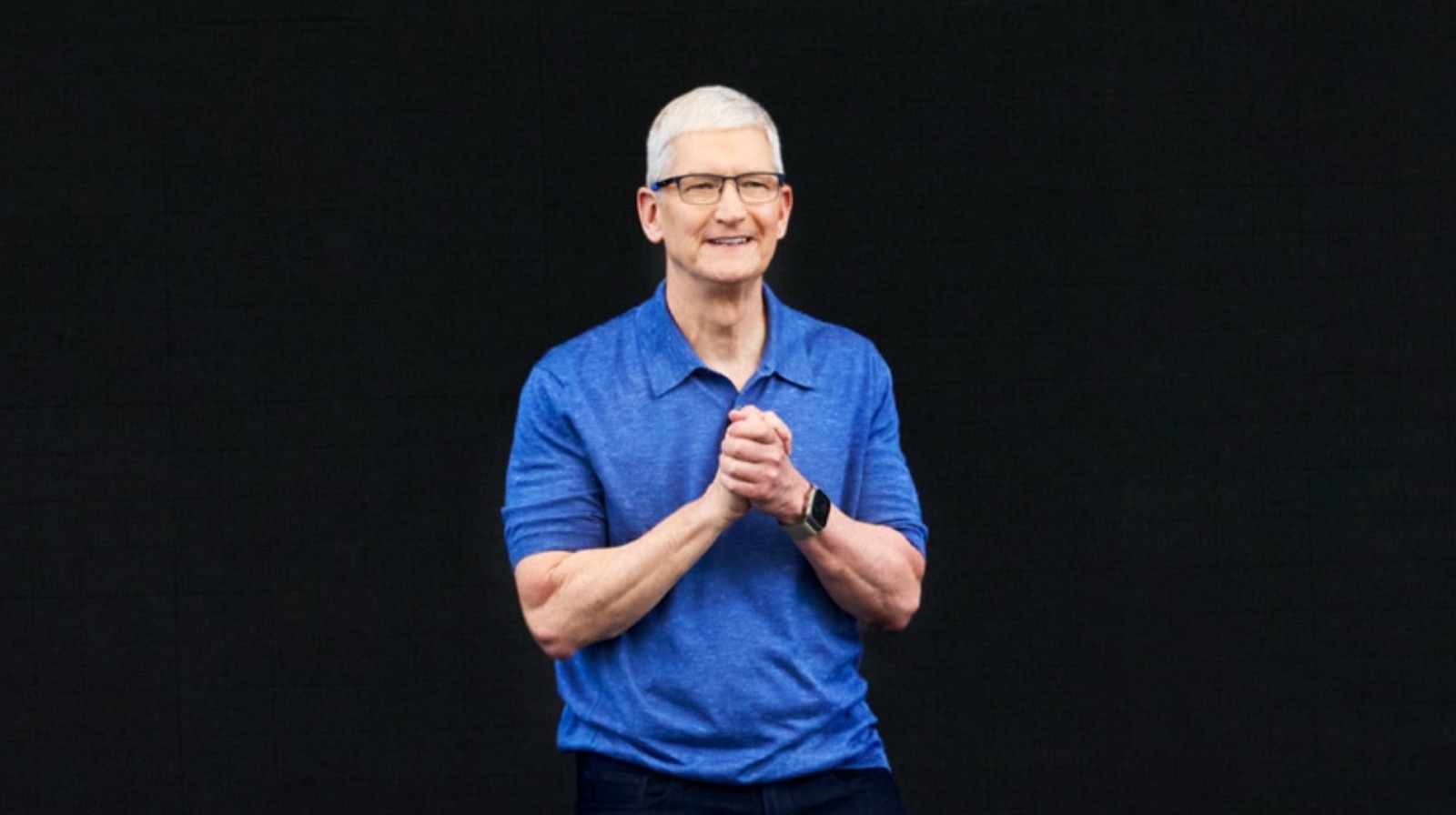Microsoft recently announced five digital commitments to strengthen its support for Europe’s technological landscape and digital sovereignty. These commitments encompass significant cloud and AI infrastructure expansions, a pledge to uphold digital resilience amidst geopolitical uncertainties, continued dedication to data privacy, reinforced cybersecurity measures, and initiatives to enhance Europe’s economic competitiveness, including the open-source community.
(Source: Microsoft blog post)
Recognizing its deep economic ties with Europe and the critical importance of trust from European customers and governments, Microsoft outlined these commitments as a step forward. In a recent blog post, the company emphasized its respect for European values and laws, positioning itself as a provider of digital stability in a volatile global environment.
A key pillar of these commitments is the substantial expansion of Microsoft’s cloud and AI infrastructure across Europe. The company unveiled plans to increase its European datacenter capacity by 40% over the next two years, with operations expanding in 16 European countries. This expansion, combined with recent construction efforts, is projected to double Microsoft’s European datacenter footprint between 2023 and 2027, resulting in over 200 datacenters across the continent.
Furthermore, Microsoft addressed the critical aspect of digital resilience. The company is taking several steps to ensure European nations maintain confidence in their digital infrastructure. This includes establishing a “European cloud for Europe,” where European datacenter operations will be overseen by a European board of directors composed exclusively of European nationals and operating under European law.
In addition, Microsoft has also introduced a “Digital Resilience Commitment,” pledging to vigorously contest any government order to suspend cloud operations in Europe through all available legal avenues. This commitment will legally bind contracts with European national governments and the European Commission. Additionally, Microsoft will designate European partners with contingency arrangements for operational continuity. It will store backup copies of its code in Switzerland, granting European partners the necessary legal rights for access if required.
Continuing its focus on data privacy, Microsoft highlighted the recent completion of its EU Data Boundary project. This initiative enables European commercial and public sector customers to store and process their data and personal identifiers for core cloud services within the EU and EFTA regions, including Microsoft 365, Dynamics 365, Power Platform, and Azure services.
This boundary has now been extended to include professional services data from technical support interactions and is available across all European cloud regions and the entire tech stack, including M365 Copilot. Alongside this, Microsoft offers various security and encryption options, such as Confidential Compute, Customer Lockbox, and customer-managed encryption keys, reinforcing its commitment to data control and protection for European customers.
Concerning cybersecurity, Microsoft announced the appointment of a new deputy CISO for Europe within its Cybersecurity Governance Council. This dedicated senior executive will oversee Microsoft’s security responsibilities in Europe, ensuring compliance with current and emerging cybersecurity regulations like the Digital Operational Resilience Act (DORA), the NIS 2 Directive, and the Cyber Resilience Act (CRA). Microsoft views the CRA as a potential “gold standard” for cybersecurity regulation and is actively preparing for its implementation, including collaborating with the European Commission and industry partners. The company also engaged an independent auditor to verify its cybersecurity commitments to Europe.
Finally, Microsoft underscored its commitment to strengthening Europe’s economic competitiveness, including its support for open source. The company reiterated its AI Access Principles, ensuring open access to its Azure AI platform and infrastructure for various business models, including open-source projects. Currently hosting over 1,800 AI models, most of which are open-source, including those from European developers like Mistral and Hugging Face, Microsoft provides access via public APIs to facilitate interoperability. Furthermore, the company eliminated data transfer fees for customers switching to other cloud providers, providing an open and competitive environment.
These five digital commitments from Microsoft signal a significant deepening of its investment and focus on the European technology ecosystem. By addressing critical areas such as infrastructure, resilience, data privacy, cybersecurity, and open access, Microsoft aims to be a key partner in Europe’s digital future.
In a LinkedIn post, Natalya Deprez, a people lead and cloud consultant, wrote:
With a strong market presence in Europe’s tech sector, this renewed commitment is a logical business move. Still, it ensures that we will continue to have access to top-tier technology and support while we build our own solutions.
However, these announcements also arrive amidst ongoing debates within Europe regarding digital sovereignty and the reliance on technology providers headquartered outside the EU. Some in the community express skepticism about how such companies can operate independently and prioritize European interests, with a respondent in a Reddit thread noting, “Microsoft is going to do exactly what the US government tells them to do. Their proclamations are meaningless.”
In addition, another respondent in another Reddit thread put it:
Nice of them to state that they will follow our …… laws, pretty sure that’s the only reason they pledge all this. On another note, I don’t want a Microsoft cloud or AI solutions in Europe. I want European ones.
This sentiment is further echoed in online discussions, with one tweet stating:
European money should not flow to American pockets in such a way. Europe needs to become independent from American tech giants as a way forward.
This collective feedback underscores Europe’s persistent desire to foster its own technological capabilities and reduce reliance on non-European entities for critical digital infrastructure and services.









